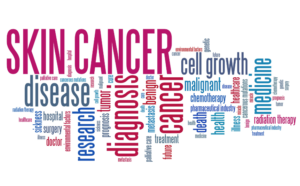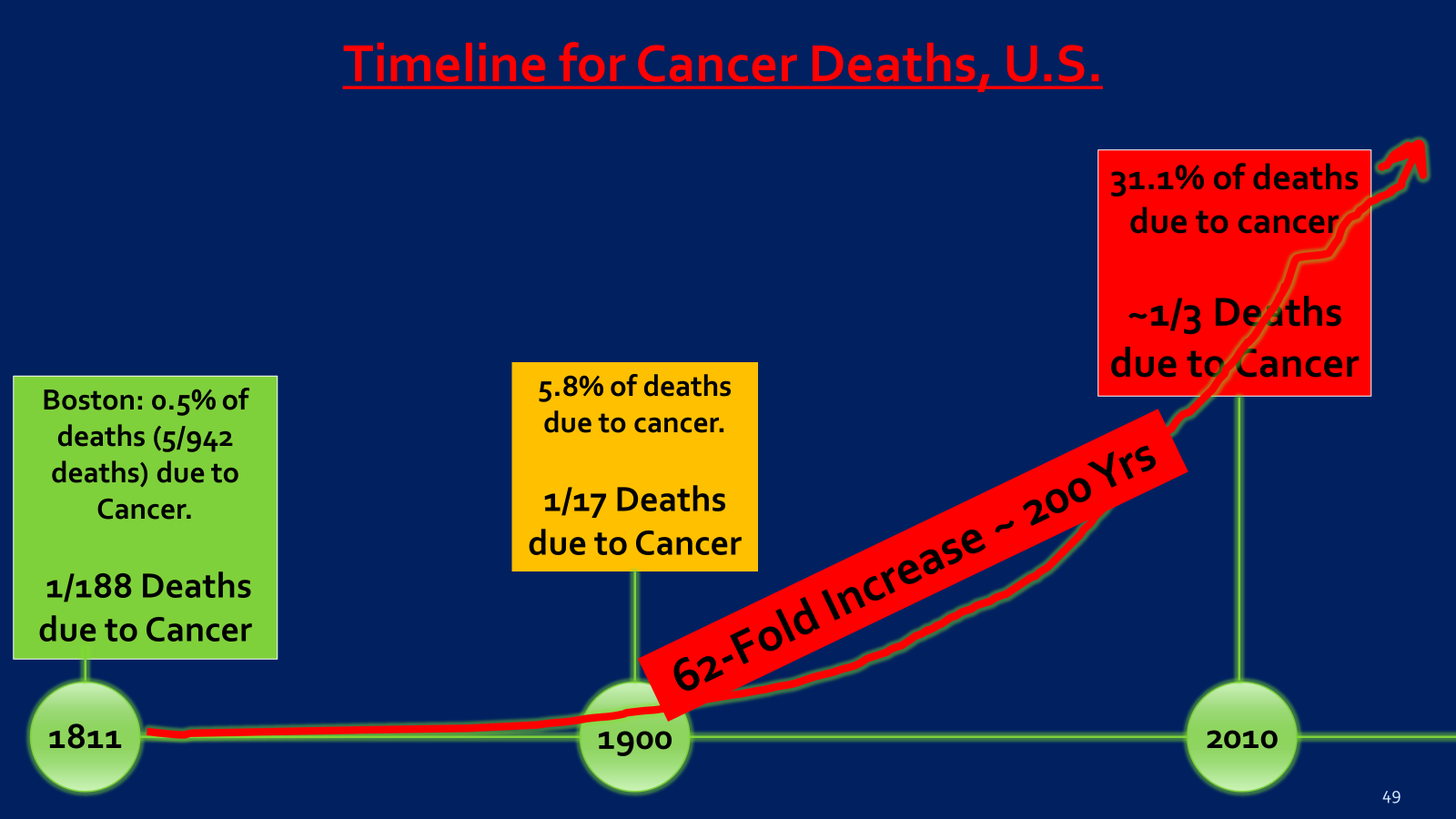Its Cancer I’m afraid………. that’s the last thing we want to hear. It’s not the best of news but in this blog, we’ll discuss the many ways you can lower your risk of developing cancer through diet, nutrition sleep and yes, exercise. Of course, it’s impossible to entirely eliminate the risk, but plenty evidence suggests that diet in particular, with other lifestyle strategies can significantly reduce your overall cancer risk.

How common is cancer?
In the last century or so, cancer has gone from causing less than 1% of all deaths to around 1-in-3 or 33%. In the last 100 years, cancer has gone from a rare occurrence to the point where it is the no 1 or no 2 killer in industrialised countries worldwide. What happened? Our nutrition changed.
How does diet affect cancer risk?
“You are what you eat” has never been truer. Diet affects every single aspect of your health. Eat the right foods (what Ken Berry calls “a proper human diet) and you will make massive improvements in your overall health.
Eat a typical British diet (full of unhealthy ultra-processed foods) and you’ll inevitably face the consequences of poorer health in later life. Of course, it would be plain wrong and totally unscientific to suggest that diet is the only consideration for cancer risk: smoking and exposure to carcinogenic (cancer causing) chemicals carry their own, independent risks for example. And for some unfortunate people their genes make them inherently more vulnerable. But all of that said, while your genes might LOAD the gun, it’s your lifestyle that FIRES it. With good nutrition, you can make it far less likely to develop most cancers.
Evidence shows that 93% of American adults are metabolically unhealthy. Let’s face it, we Brits are not far behind our American cousins. Put simply, if your metabolism is healthy, then you have radically reduced your risk of many cancers. Lung cancer, breast cancer, prostate cancer and bowel cancer have all been linked to diet, and being overweight has been linked with increased development of numerous cancers. That said, there are so many food myths: for example, the suggestion by the World Health Organisation (amongst others) that red meat increases the risk of various cancers including prostate cancer. Our great friend Dr Georgia Ede
has criticised this as politically motivated and simply not backed by science. We couldn’t agree more. Dr Ede pokes many holes in the pseudo-science used by WHO (and others) to frighten us off eating red meat. Read more about Dr Georgia Ede’s criticisms below:
Ultra-processed foods have been strongly associated with increased cancer risk. For example, a recent study published in the LANCET found that increasing your consumption of ultra-processed foods by 10%, increased overall cancer risk by 2% together with a 19% increased risk of ovarian cancer. This is incredibly worrying given the way ultra-processed foods are marketed to consumers. This is not a simple issue: an ultra-processed diet means that you are not eating real whole foods. You can read more about the study below:
Alcohol & Tobacco can both increase your cancer risk. Binge drinking affects hormonal levels which in turn lead to a higher chance of cancer developing. According to Cancer Research UK, alcohol can make it easier for cells in our mouth and throat to absorb harmful chemicals. Additionally, alcohol can damage our cells which can also lead to higher chance of developing cancer.
Due to the effects of alcohol on our bodies, those who smoke and drink heavily have a much higher risk of cancer than those who just drink. If you are someone who both smokes and drinks a significant amount of alcohol, we highly recommend that you try and quit smoking at the very least. Of course, we understand that these habits are enjoyable, but you will achieve drastic health benefits by simply reducing the amount you smoke. Of course, quitting completely will be most beneficial!
So how does what we eat cause cancer?
Providing a complete answer would take many PhD’s, so we’re going to keep it simple.
- The modern diet is high in sugar. The way sugar is metabolised (used for fuel) within our cells causes damage (oxidation) increasing cancer risk. In turn, cancer cells thrive on sugar (not fat or protein) so our modern diet high in sugar and processed carbs is the perfect environment for cancer to develop
- A diet high in sugar and carbs forces up our insulin levels in an attempt to maintain normal blood glucose levels. But insulin itself is a growth factor and pushes sugar into cells
- The modern diet lacks key nutrients. Remember human nutrition is MUCH more than energy. Without the right amounts of micro-nutrients (fats; vitamins; proteins; minerals; amino acids), our metabolism simply doesn’t work very well. We generate more cancer and we’re less able to fight it because our immune system is weakened
So what else affects cancer risk?
There are many other risk factors. A less commonly acknowledged risk is yo-yo dieting. This involves rapid weight gain (from nutrient-deficient foods) and rapid loss (Starvation means less nutrition as well as fewer calories. That’s why the ProLongevity weight-loss program is based around precision nutrition: As a matter of principle, we rarely mention calories.
Age is its own risk factor. As we get older, we become more vulnerable to cancer. Although ageing itself is a fact of life, the RATE at which we age isn’t inevitable. Maintain a good (real-food) diet and a healthy lifestyle (decent sleep, the right sorts of exercise) and the probability of developing cancer as we age will be significantly reduced.
In women HRT (hormone replacement therapy) can also reduce certain cancer risks. Read more: Our blog about HRT & menopause.

Another factor to consider is family history. Some families are genetically more vulnerable to developing cancer… but it’s NOT inevitable. Support your metabolism (maintain healthy cells) and you will shrink your cancer risk.
Exercise: Our metabolic health is hugely influenced by exercise. Better metabolic health = less cancer risk. Studies show that survival rates in people who have had cancer are doubled if they exercise regularly. This is one example where intensity matters. Cancer cells are ravenously hungry but structurally weak. When we exercise intensely (max out our heart rate) cancer cells can’t cope with the stress and it kills them.
So what should I do if I’m worried about cancer?
Firstly, there is no reason to panic. You will only know for certain after speaking to your doctor so that should be the first step to take.
There are many ways to lower your risk of developing cancer in the first place or to reduce the risk of recurrence. In this blog we’ve touched upon just a few of the ways you can lower your cancer risk. While of course there are some general principles (don’t’ smoke!), when it comes to individual risk there IS no one-size-fits-all approach.
So, if you do not have cancer but are concerned, or if you are recovering from cancer, then please look seriously at improving your diet and other aspects of your lifestyle. You will discover that your chance of healthy longevity will drastically improve. That’d why ProLongevity offers to help you “Live Healthy for Longer”.
Any more concerns or queries?
Book a free consultation and speak to our founder Graham Phillips!







